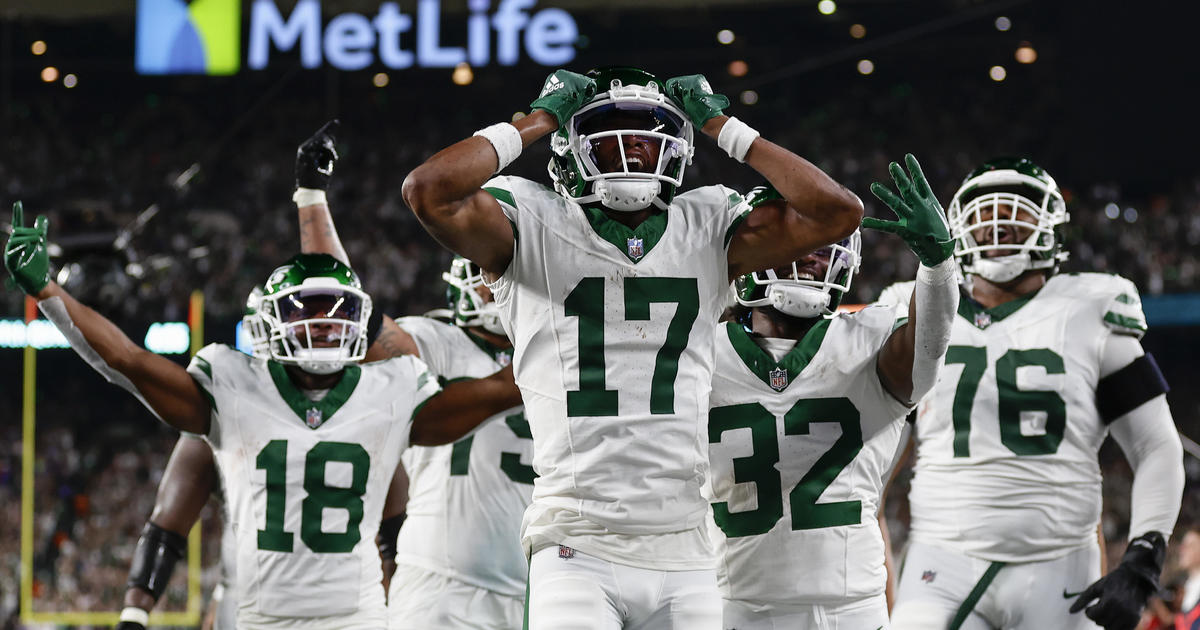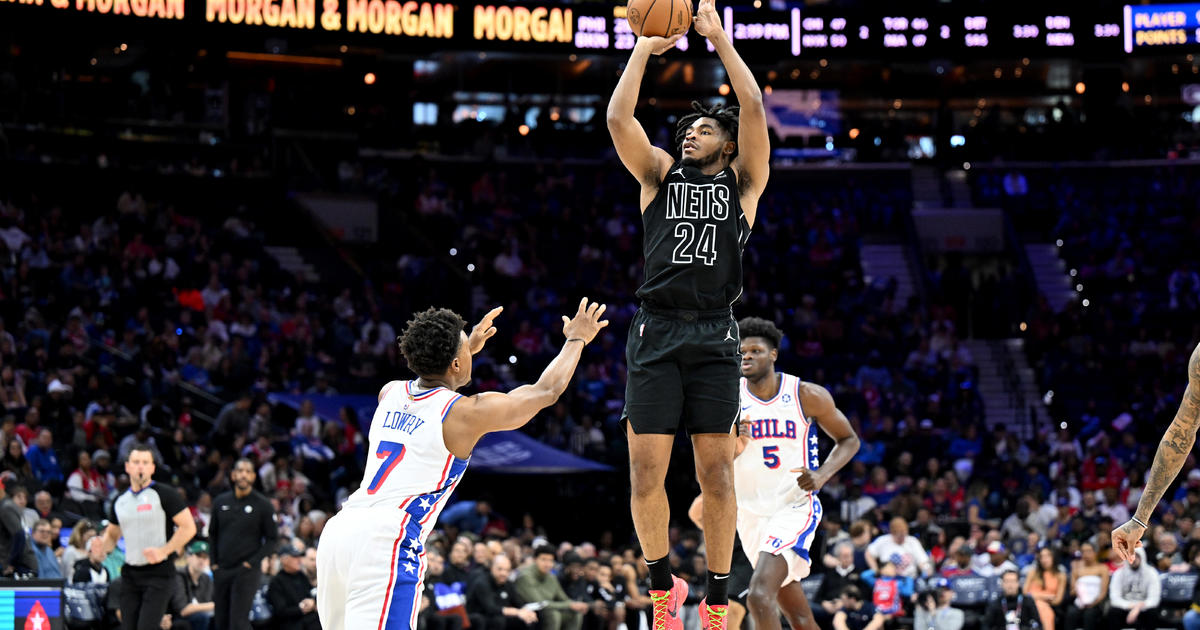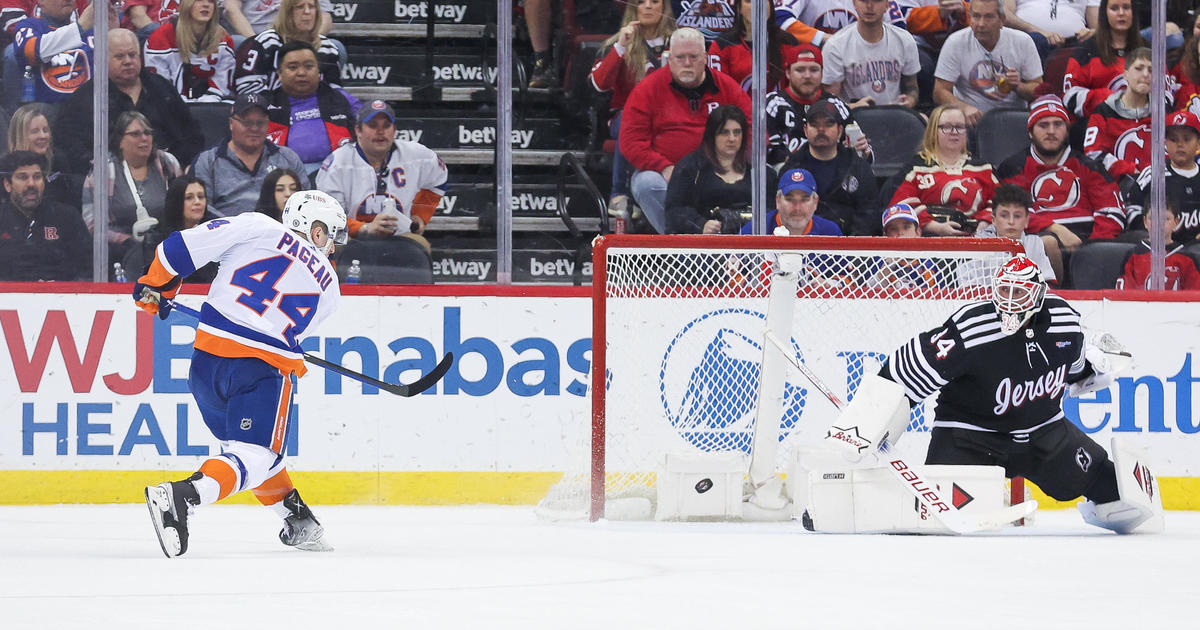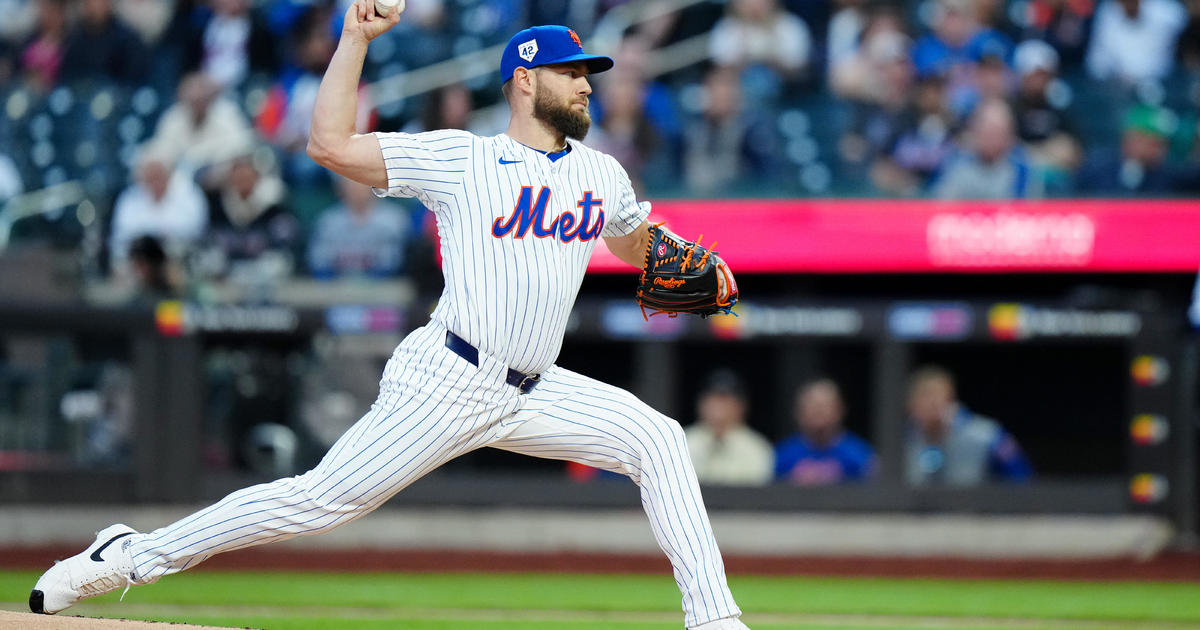Lichtenstein: King's Only Recourse To Keep Nets Competitive Is To 'Stretch' D-Will
By Steve Lichtenstein
» More Columns
Anyone remember Travis Outlaw?
No, he's not a Hollywood actor specializing in Westerns. He was a middling NBA player who the New Jersey Nets signed to an incredulous five-year, $35 million free agent contract in the summer of 2010 after failing to snare bigger names, like LeBron James.
Outlaw was god-awful in his sole campaign in Newark, bad enough that the Nets couldn't wait out the remaining four years to say good riddance.
So the Nets used the "amnesty provision" in the NBA's collective bargaining agreement, which allowed them to waive Outlaw without his paychecks counting when computing their salary cap space.
Why is Outlaw, who at the end of this league calendar will finally come off the Nets' payroll, relevant now?
Because that same amnesty provision -- the one that allows teams to eat bad contracts without eating cap space -- is only allowed to be used once by each team through 2015-16.
No mulligans.
That means that the Nets, who currently have a player on their roster with an even more onerous contract, one that they have found impossible to move via a conventional trade, are most likely stuck with him for the next two seasons.
That player is Deron Williams and, according to Brooklyn general manager Billy King, there is no chance that the team will cut loose the embattled point guard prior to training camp.
King on Wednesday nixed the idea of using the NBA's "stretch provision," which would have amortized Williams' approximately $43 million salary cap hit over five years (at about $8.675 million per year, if waived prior to Aug. 30) instead of the next two, consuming about $21 million and $22 million of space, respectively.
There are those who agree with that decision. Oh, they acknowledge that Williams has drastically underperformed as a Net and last season was his worst -- a career-low 38.7 percent shooting percentage and a mere 13.7 points per game average, his lowest since his rookie season — especially during the six-game loss to Atlanta in the first round of the playoffs (with the exception of a Game 4 mirage where D-Will tallied 35 points). They accept that injuries have diminished his once-elite skills and drastically lowered expectations for the remainder of his deal.
Their argument seems to boil down to: Who would then become the starting point guard, Jarrett Jack? That's a road map to Lottery Land, a place where the Nets do not own their own first-round draft pick until 2019.
They're missing the bigger picture.
Say the Nets stretch D-Will. Then center Brook Lopez and forward Thaddeus Young, both of whom the Nets can re-sign without regard to cap space, opt out of their contracts, as many expect.
Also let's assume that the Nets exercise team options on Mason Plumlee and Sergey Karasev and guarantee the 2015-16 sophomore deals for Markel Brown and Cory Jefferson, but not for veteran Earl Clark.
Including Williams' stretch amount, that's $48 million committed to seven players, per basketball-reference.com.
Hello, cap space.
And that's also with the Nets' keeping Joe Johnson's nearly $24 million tab on their books. Now that Johnson's massive deal becomes an expiring contract in the eyes of potential trade partners, King, who again on Wednesday was coy about shedding any of his "stars," should have an easier time laying that off on some other team this offseason.
This is a golden opportunity for the Nets to start over. It should be obvious that King's past configurations were faulty. You can't win in today's NBA without putting forth a lineup of complete players. The Nets have been deficient in team defense, athleticism and 3-point shooting. At best, they are a middling team on the decline.
A good GM, and by no means am I placing King in that category, can find value instead of overpaying for names in a rebuild. For example, these days D-Will is no better than an average point guard at a time when the position has never been deeper. Who would you rather have, D-Will at $21 million or free agent-to-be Aaron Brooks at $2 million? Sure, Williams is better, but not $19 million per season better.
As for the annual cap hits over the next five years, well, the league's new TV deal will kick in after next season, which will come with a corresponding increase in salary cap space for each team. ESPN reported that the cap is projected to rise from $67 million per team next season to over $100 million by 2017-18. That will make D-Will's $8 million pills easier to absorb.
King wasn't responsible for the Outlaw deal -- that one was on Rod Thorn. And I don't blame King for his decision to amnesty Outlaw after one season. The Nets needed the cap space to build for their move to Brooklyn.
But because he did use it, King's only recourse to fix the mess he has since made is to stretch Williams and start over.
For a FAN's perspective of the Nets, Jets and the NHL, follow Steve on Twitter @SteveLichtenst1



